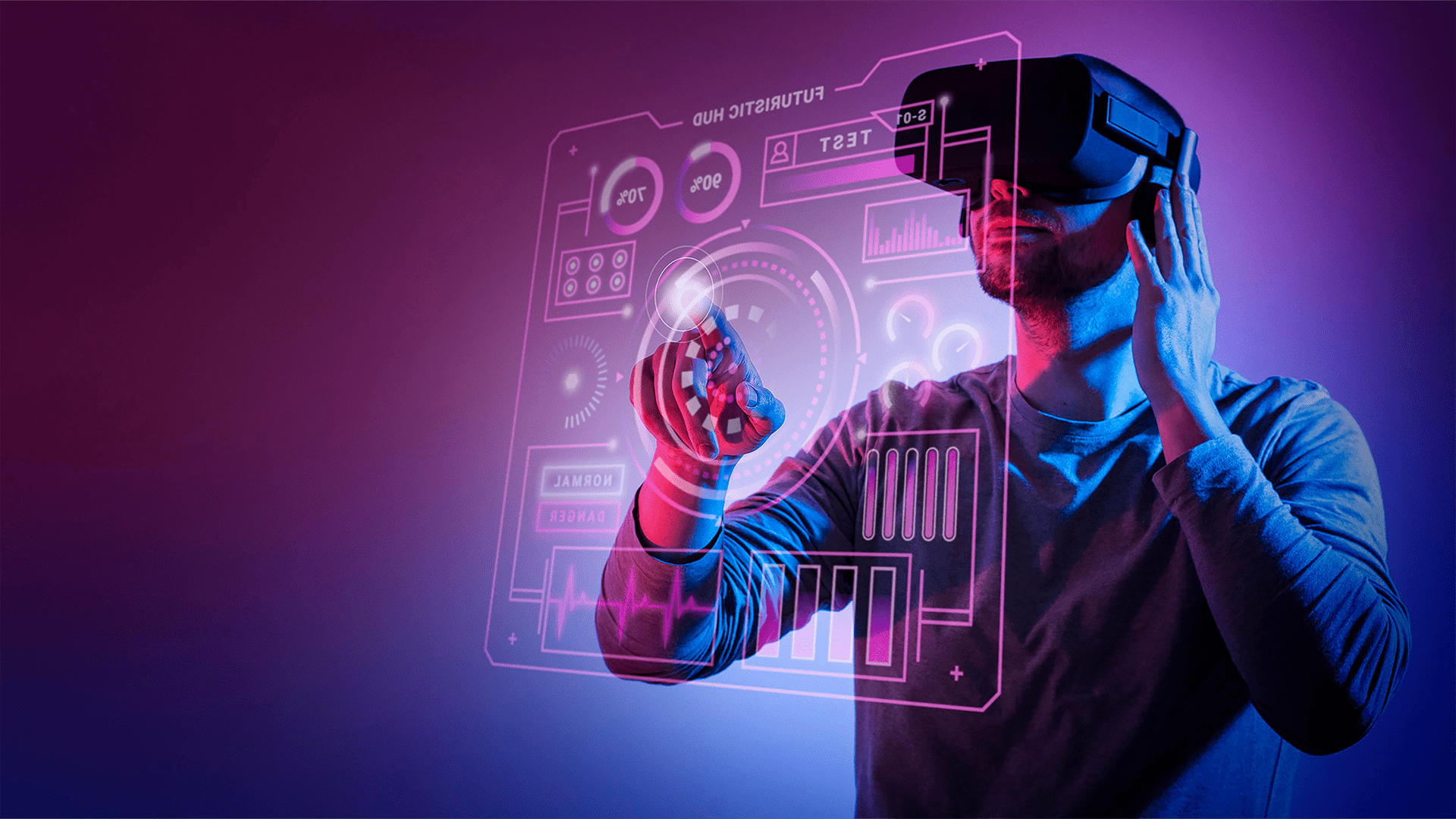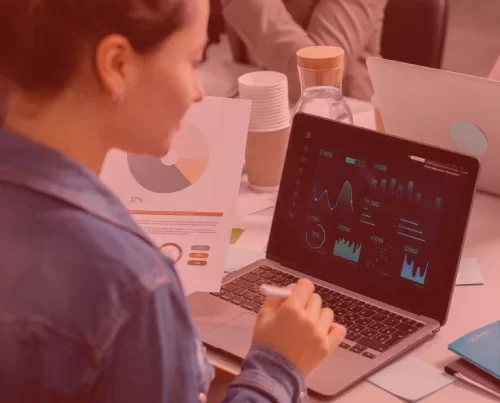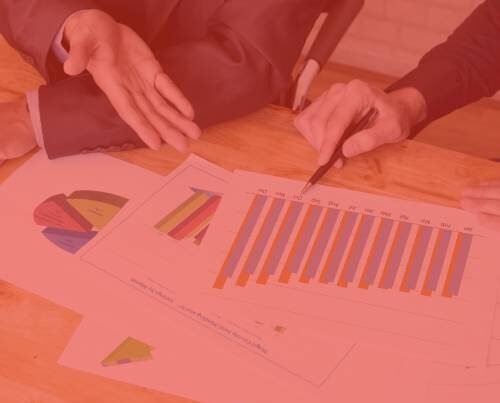In the last decade, artificial intelligence (AI) has made significant strides and is increasingly being integrated into various industries, including Human Resources (HR). AI-powered systems have the ability to analyse vast amounts of data, identify patterns, and make predictions. These capabilities are revolutionising HR and transforming the future of work. Here are five ways AI is changing HR and the future of work.
1. Streamlining the recruitment process
One of the most time-consuming and labour-intensive tasks in HR is recruitment. Sorting through resumes, conducting initial screenings, and scheduling interviews can take up a considerable amount of HR personnel’s time. AI-powered systems can automate the recruitment process by screening resumes, analysing candidate data, and scheduling interviews.
AI-powered recruitment platforms use natural language processing to analyse resumes and cover letters, and machine learning algorithms to identify suitable candidates based on job requirements, past performance, and other factors. This automation reduces the workload on HR personnel, enabling them to focus on other essential tasks, such as employee engagement and development.
2. Enhancing employee engagement
Employee engagement is critical to an organisation’s success, as engaged employees are more productive, have lower absenteeism rates, and are more likely to stay with the company.
AI- powered systems can analyse employee data, such as feedback, survey responses, and performance metrics, to identify patterns and predict employee behaviour. This analysis can help HR personnel develop targeted engagement strategies that can improve employee satisfaction, reduce turnover rates, and increase productivity.
For instance, AI-powered systems can identify employees who are at risk of leaving the organisation based on their engagement levels, job satisfaction, and other factors. HR personnel can then develop targeted retention strategies, such as offering training and development opportunities or adjusting their work schedules, to improve their engagement levels and reduce the risk of employees leaving the company.
AI-powered chatbots can also provide employees with instant support and answers to their queries. This technology can reduce HR personnel’s workload and provide employees with instant assistance, improving their experience and engagement levels.
For instance, employees can use chatbots to find information about their benefits, company policies, or training opportunities. The chatbots can provide real-time feedback and support, enabling employees to resolve their queries quickly and efficiently.
3. Facilitating employee training and development
AI-powered systems are also revolutionising employee training and development. AI-powered learning platforms use machine learning algorithms to analyse employee data and identify knowledge gaps.
Based on this analysis, personalised training programs can be developed to address these gaps and improve employee skills. AI-powered chatbots can also be used to provide employees with instant feedback and support, enabling them to learn and develop more efficiently.
4. Improving performance management
Performance management is a critical aspect of HR that enables organisations to evaluate employee performance and identify areas for improvement. AI-powered systems can analyse employee data, including performance metrics, feedback, and survey responses, to provide insights into employee performance.
This analysis can help HR personnel develop targeted performance improvement plans, identify high-performing employees, and make data-driven decisions. AI-powered systems can also enable real-time performance monitoring, providing HR personnel with insights into employee performance as it happens.
For instance, AI-powered systems can monitor employee activity, such as the time they spend on specific tasks, the quality of their work, and their
engagement levels.
This monitoring can help HR personnel identify areas where employees may need additional support or training, enabling them to develop targeted performance improvement plans.
5. Enabling predictive analytics for workforce planning
Predictive analytics is the use of data, statistical algorithms, and machine learning techniques to identify the likelihood of future outcomes based on historical data. AI-powered systems can use predictive analytics to forecast workforce trends, such as turnover rates, employee engagement levels, and future hiring needs.This analysis can help HR personnel make data-driven decisions, develop targeted retention strategies, and plan for future workforce needs.
AI-powered systems can analyse vast amounts of data to identify patterns and predict future outcomes, enabling HR personnel to make informed decisions. For instance, AI-powered systems can analyse employee data, such as turnover rates, job satisfaction levels, and engagement metrics, to identify employees who are at risk of leaving the company. HR personnel can then develop targeted retention strategies, such as offering training and development opportunities or adjusting their work schedules, to improve their engagement levels and reduce the risk of employees leaving the company.
AI is transforming the HR industry, enabling HR personnel to streamline processes, develop targeted engagement strategies, enhance employee training and development, improve performance management, and make data-driven decisions for future workforce planning. As AI continues to advance, we can expect even more significant transformations in the HR industry, enabling organisations to attract and retain top talent, improve employee engagement and satisfaction, and drive business success.
It is essential to approach AI adoption strategically, ensuring its implementation aligns with the organisation’s goals, values, and culture.
With the right approach, AI can be a valuable tool for HR personnel, enabling them to work more efficiently and effectively and make data-driven decisions that drive business success.
Are you in need of reliable and cost-effective solutions for your HR and business needs? Infotrack Systems is the answer! Founded in 1994 by a team of experienced professionals in the IT industry, Infotrack offers state-of-the-art products and user-friendly solutions that are engineered with
object-oriented technologies and are easily scalable to meet your business’s growth aspirations.
With certifications in ISO 9001, 27001, 31000, 22301, and 14001, you can trust Infotrack’s products, processes, and best practices. Join the satisfied customers who have experienced the benefits of Infotrack’s robust and easy-to-integrate solutions.























